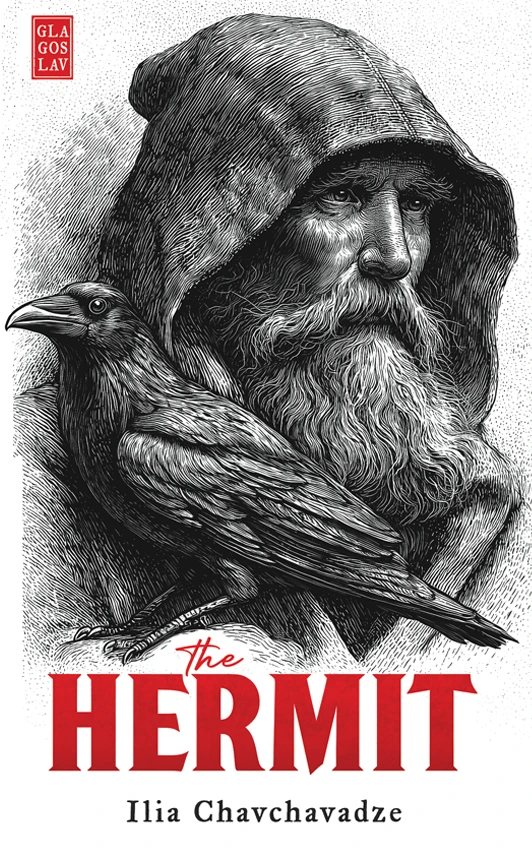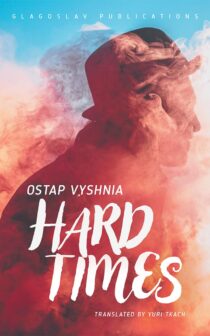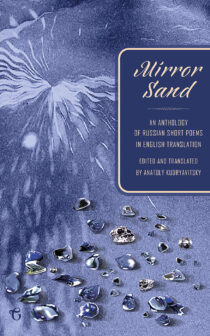The Hermit
€14.99
Author: Ilia Chavchavadze
Translator: Marjory Scott Wardrop
Editor: Jack Monro
A poetic reflection on solitude, morality, and national conscience, The Hermit by Ilia Chavchavadze is a foundational text in Georgian literature—newly published in English through Marjory Wardrop’s elegant translation.
The Hermit (მომასწავებელი) is a lyrical and philosophical poem by Ilia Chavchavadze, Georgia’s pre-eminent 19th-century writer, statesman, and national thinker. This edition presents the first English translation by Marjory Scott Wardrop, restored and annotated for a modern audience, and offers a rare window into the soul of Georgian Romantic nationalism.
Initially written in 1883, The Hermit tells the story of a man who retreats into the wilderness, seeking truth and salvation in solitude. Through poetic introspection and a deep communion with nature, The Hermit reflects on injustice, human suffering, moral decay, and the burden of societal indifference. More than a personal lament, the poem serves as a call for moral awakening and national revival.
Marjory Wardrop’s translation, first produced in the 1890s but never widely circulated, captures both the emotional gravity and the spiritual texture of Chavchavadze’s Georgian verse. This new edition retains her stylistic grace while offering contextual footnotes, biographical background, and a foreword situating the work within Georgia’s cultural and political history.
Chavchavadze is often referred to as the “father of the Georgian nation” — a reformer, writer, and martyr whose life was dedicated to awakening national consciousness. The Hermit reflects the inner life of this mission: quiet, impassioned, and filled with both doubt and resolve.
This is not merely a poem, but a spiritual statement — of exile, faith, and the moral duty to speak when silence is easier.
| Dimensions | 108 × 178 mm |
|---|---|
| Author | Ilia Chavchavadze |
| Pages | 70 pages |
| Publication date | 15th June 2025 |
| Book Format | Paperback |
Author
Ilia Chavchavadze
Translator
Marjory Scott Wardrop (1869–1909) was a pioneering British scholar and translator who opened a cultural bridge between Georgia and the English-speaking world. Born in London and deeply inspired by her brother Sir Oliver Wardrop’s travels, she taught herself Georgian—a language then virtually unknown in Britain—and immersed herself in its literature.
Her Georgian Folk Tales (1894), published as the first volume of the prestigious Grimm Library, introduced Western readers to the rich oral traditions of Georgia. But it was her translation of the 12th-century epic The Knight in the Panther’s Skin by Shota Rustaveli—published posthumously in 1912—that remains her crowning achievement, praised for both literary grace and linguistic fidelity.
Despite limited academic opportunities for women of her time, Marjory combined sharp intellect with deep cultural empathy. She travelled to Georgia, co-founded the Society for the Promotion of the Study of Georgian Language and Literature, and laid the foundation for Georgian studies in Britain. Her legacy endures through the Marjory Wardrop Fund at Oxford and the continuing reverence of her name in Georgia.





